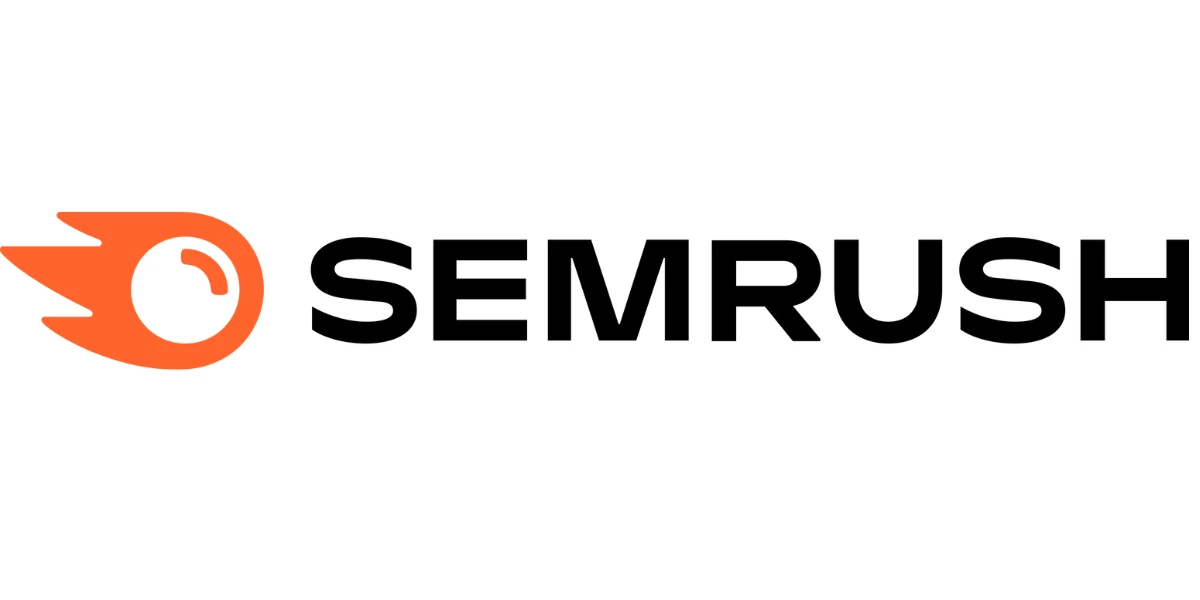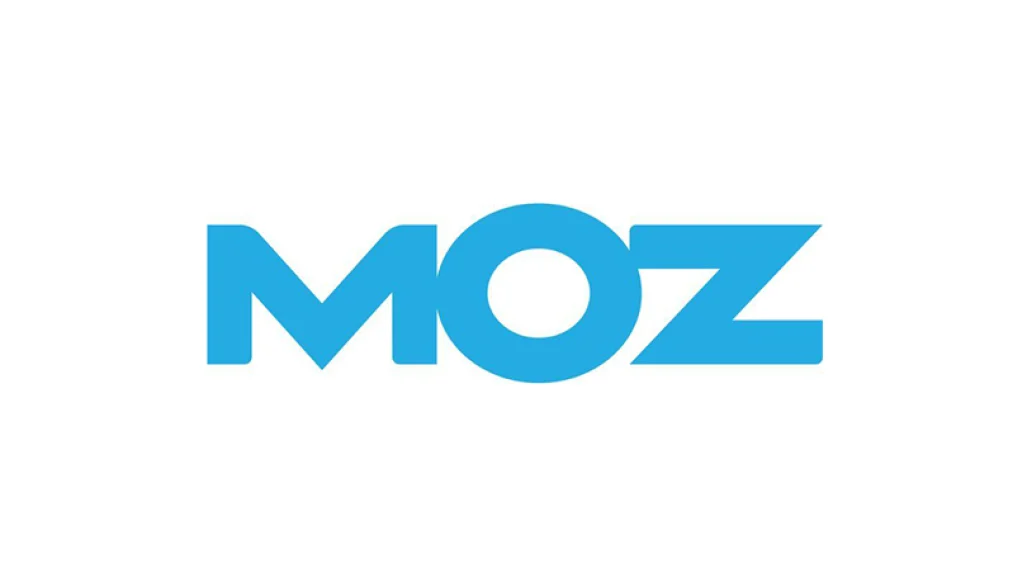Keyword tools are fundamental in digital marketing and search engine optimization. They allow to identify and analyze which terms are most searched by users on the Internet. Their effective use can improve the visibility of a website and attract relevant traffic. Knowing the different options and how to apply them is key to developing a successful SEO strategy.
Understanding keyword tools
Keyword tools are fundamental to improve SEO and marketing strategy. Using them correctly facilitates the identification of relevant terms that impact the visibility and traffic of a website.
Definition and purpose
Digital resources that enable keyword research and analysis have a specific purpose: to assist in the selection of terms that users search for in search engines. These tools focus on providing data on search volume, competition and market trends. By having this information, it is possible to direct efforts towards keywords that generate a greater impact on the performance of a website.
Importance in SEO and digital marketing
Keyword research is an essential component that should not be underestimated. It allows brands to understand what their potential customers are looking for and, in turn, adjust their content to meet these demands. In the realm of SEO, selecting the right keywords results in higher rankings on search results pages (SERPs), which subsequently results in more organic traffic to a site.
In digital marketing, especially in paid advertising campaigns, the use of keyword tools helps to optimize targeted ads. This results in better performance and more efficient use of the advertising budget. In addition, a well-planned strategy can result in a higher return on investment (ROI) by attracting a more segmented audience.
Benefits of effective use
Using keyword tools effectively offers numerous advantages that can transform a company's online presence:
- Identification of opportunities: By discovering low-cost, high-demand keywords, you can create content opportunities that attract visitors.
- Content improvement: By understanding what users are looking for, you can adjust existing content to make it relevant and useful.
- Competitive analysis: With the right tools, you can analyze what terms your competitors use, allowing you to identify gaps that you can exploit.
- Strategic adjustments: The data obtained facilitates adjustments to the marketing and content strategy, continuously improving positioning and traffic.
The conscious and planned use of such tools not only boosts SEO, but also enriches the user experience by providing relevant and valuable content.
Types of keywords
There are different categories of keywords used in SEO strategies. Knowing each type allows you to better optimize your content and target your desired audience. The following are the different types of keywords.
Long-tail keywords
Long tail keywords are phrases that generally contain three or more words. These types of keywords tend to be more specific and, although they have a lower search volume, they can attract highly qualified traffic.
Advantages and disadvantages
The advantages of using long tail keywords include:
- Less competition, which facilitates positioning.
- Higher conversion rate, since users are searching for something specific.
- Ability to respond to specific user questions, enhancing the user experience.
However, they also have disadvantages, such as:
- Lower search volume, which may translate into less overall traffic.
- They require detailed analysis to ensure they are relevant to the audience.
Short tail keywords
Short tail keywords are generalist and usually consist of one or two words. This type has a high search volume but also has a high level of competition.
Strategies for high competition words
To address short tail keywords, several strategies can be implemented:
- Create high quality content that provides value and responds to user intent.
- Exhaustively optimize the pages where you want to position these keywords.
- Use backlinking techniques to improve domain authority.
Related keywords and their relevance
Related keywords are terms and phrases that are closely associated with the main keyword. These keywords can include synonyms, variations or terms that users can use to perform similar searches.
The relevance of these keywords lies in their ability to broaden the reach of the content. Incorporating them can help attract additional traffic and optimize SEO strategy more effectively. Identifying and ranking for these keywords can facilitate the generation of content that satisfies a variety of search intentions.
Popular tools for keyword research
Keyword research tools are critical to understanding the market and improving online visibility. Some of the most effective in the digital arena are highlighted below.
Google Keyword Planner
Main functionalities
Google Keyword Planner is one of the most recognized tools among marketers. It allows users to find new keywords, analyze their historical performance and obtain estimates on search volume. Its integration with Google Ads makes it especially valuable for those looking to optimize advertising campaigns.
How to create an account and start using it
To use Google Keyword Planner, it is necessary to create a Google Ads account. Once registered, the tool is accessed from the "Tools and settings" section. From there, you can enter topics, products or services to find relevant suggestions.
Ubersuggest
Obtaining feedback and competitive analysis
Ubersuggest, developed by Neil Patel, offers an intuitive approach to keyword research. It provides suggestions based on the term entered, plus data on search volume, competition and cost per click. This tool also allows you to analyze the keywords being used by competitors.
Comparison with other tools
Compared to Google Keyword Planner, Ubersuggest is more accessible for beginners due to its user-friendly interface. Although it lacks some advanced features, it is still a solid option for those looking for basic data and quick recommendations.
SEMrush and its impact on research
Audit and analysis functions
SEMrush stands out for its comprehensive approach to SEO and advertising. In addition to keyword research, it allows for complete website audits. It provides information on technical issues that could affect SEO performance and provides recommendations for improving rankings.
Utility to understand the competition
The tool allows you to analyze in detail the keywords used by competitors. This is vital to identify opportunities and develop strategies that can improve search engine visibility.
Ahrefs
Backlink research
Ahrefs is renowned for its link database and its ability to analyze competitors' backlinking strategy. It offers tools to identify which keywords are generating traffic and which sections of websites are ranking better.
How to improve the performance of your words
Keyword research with Ahrefs goes hand in hand with its content analysis feature. It allows you to see what type of content is performing best, making it easy to create strategies that boost the performance of your chosen words.
Moz Keyword Explorer
In-depth search and analysis potential
Moz Keyword Explorer specializes in providing detailed keyword data. It includes information on search volume, ranking difficulty and click potential. Its metrics are useful for prioritizing keywords that may be more effective in different strategies.
Keyword Tool and other free alternatives
Suggestions based on autocomplete
Keyword Tool is a free option that uses Google's autocomplete feature to generate keyword suggestions. It is ideal for those looking for long tail ideas that can be less competitive and more targeted.
Free vs. paid versions
The free version of Keyword Tool offers a limited number of suggestions, while the paid version grants access to more in-depth analysis and breakdowns of competitor-related data. This allows for more informed decision making when choosing keywords.
Keyword tools have several specific applications that can enrich marketing and optimization strategies. Some of these most relevant applications are described below.
Specific applications of keyword tools
Google Keyword Tools
Use in Google Ads and digital marketing
The Google Keyword Planner is a crucial tool for those looking to optimize their advertising campaigns. It facilitates the identification of keywords that are not only popular, but also relevant to the target audience. This tool allows you to obtain data on search volume, competition and CPC, which is essential for creating effective ads in Google Ads.
Strategies for successful advertisements
To achieve successful ads, the following is recommended:
- Select long-tail keywords that have a clear purchase intent.
- Perform A/B tests with different groups of keywords to identify the most effective ones.
- Monitor and adjust campaigns based on the performance of selected keywords.
YouTube Keyword Tools
Optimization for video and visual content
YouTube, being the second most used search engine, presents a fertile ground for the use of keywords. Using keyword tools can improve video ranking. Including relevant keywords in titles, descriptions and tags helps videos appear in the right searches.
Search for trends on YouTube
It is useful to leverage Google Trends to identify which topics are trending on YouTube. This allows you to create relevant and timely content aligned with users' current searches, thus increasing the possibility of capturing an audience.
Integration with other platforms such as Bing and Amazon
How to expand your words to other platforms
Keyword strategies should not only focus on Google. Bing and Amazon also offer valuable opportunities. By using keyword tools, you can identify relevant terms that are popular on these platforms, helping to diversify your digital presence.
Unifying strategies across multiple channels
Keyword integration across different platforms allows for a more cohesive strategy. Using Google search data and other tools, it is possible to align marketing and content efforts, optimizing visibility across all channels. This not only increases traffic, but also improves brand recognition in the marketplace.
Keyword implementation strategies
Effective keyword implementation is crucial to improve search engine visibility and performance. There are several strategies that can be followed to maximize the impact of collected keywords.
Creation of relevant and effective content
Creating quality content is one of the fundamental pillars of SEO. This requires a careful approach to ensure that the content is not only interesting and useful, but also optimized for the targeted keywords.
Techniques to incorporate keywords naturally
It is essential to integrate keywords seamlessly within the content. Some useful techniques include:
- Use keywords in titles and subtitles to capture the reader's attention and improve SEO structure.
- Include key terms in the introduction and conclusion, ensuring that they are mentioned from the beginning and reinforced at the end.
- Distribute keywords throughout the text in a way that appears natural, avoiding over-optimization that could impair readability.
- Incorporate synonyms and variations of keywords, which will enrich the content without compromising its fluency.
On-page optimization to improve SEO
On-page optimization refers to all practices that are performed within the website to improve its position in search results. This includes technical and content aspects that can influence the ranking of a page.
Strategic locations within your site
Keywords should be located in key areas of the page. Strategic locations include:
- In the page title, since it is the first element that search engines examine.
- In the meta description, which provides a summary that can influence the click-through rate.
- In H1, H2 and H3 tags, which help to structure the content and organize the information logically.
- In the alt text of images, to improve visual search and add context.
Competitive analysis and continuous adjustments
Competitive analysis is vital to understand which keywords are effective in the marketplace. This process allows informed and strategic adjustments to be made.
Monitoring the performance of your words
It is critical to closely track how keywords perform over time. This involves:
- Use analytical tools to track traffic and ranking for selected keywords.
- Observe search trends and adjust strategies according to changes in user behavior.
- Evaluate which keywords are generating conversions and which require additional optimization.
Adjustments based on analysis of results
Based on monitoring, adjustments should be made to improve performance:
- Update existing content with new keywords or relevant information that resonates with current searches.
- Eliminate or modify keywords that do not generate significant traffic.
- Test different approaches to content and optimization for continuous assessment.
Choosing the right keyword tool
Selecting the right keyword research tool is critical to SEO and digital marketing success. The following section details key aspects to consider when making this decision.
Factors to consider when making a decision
Budget and return on investment
The first aspect to evaluate is the available budget. There are both free and paid tools, and it is crucial to determine which one fits the needs. Paid tools usually offer more complete functionalities and more accurate data, but it is important that the return on investment justifies the expense.
- Free tools: ideal for those who are starting out and have a limited budget. However, they may lack some advanced functionalities.
- Paid tools: can provide more valuable data, such as competitive analysis and more accurate estimates, which can result in an investment that pays for itself through increased traffic and conversions.
Functionalities and ease of use
It is important to consider the specific functions that the tool will offer. Some key features are:
- Keyword idea generation
- Competitive analysis
- Search engine ranking tracking
- Potential traffic and CPC analysis
In addition, ease of use is a crucial factor, especially for those who are new to SEO. An intuitive interface makes navigation easier and helps avoid unnecessary frustration.
Comparative evaluation of available options
There are multiple tools on the market, each with its own advantages and disadvantages. Below are some considerations to facilitate the choice:
- Google Keyword Planner: Useful for those who use Google Ads. It allows to obtain data on search volume and cost estimates.
- SEMrush: Ideal for audits and competitive analysis. Provides a complete picture of online performance.
- Ahrefs: Excellent for backlink research and keyword analysis. Highly valued for its accuracy.
- Ubersuggest: An intuitive option to obtain keyword suggestions, especially useful for beginners.
- Keyword Tool: Free alternative that generates suggestions based on Google's autocomplete, ideal for getting long tail ideas.
It is also useful to read reviews and comparisons of tools to understand which one might offer the best fit for business objectives. Choosing the right tool can significantly impact the effectiveness of the digital strategies implemented.










